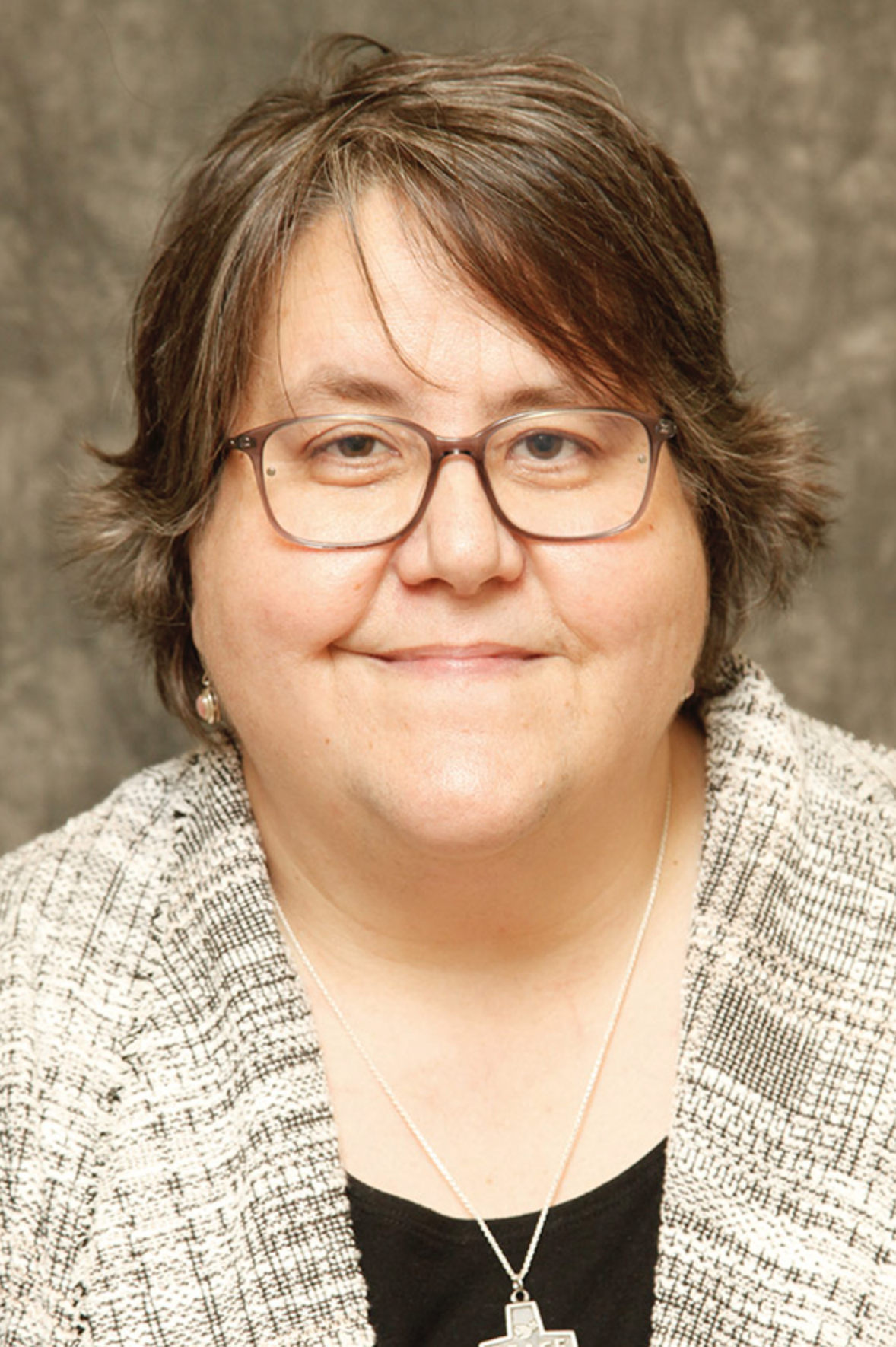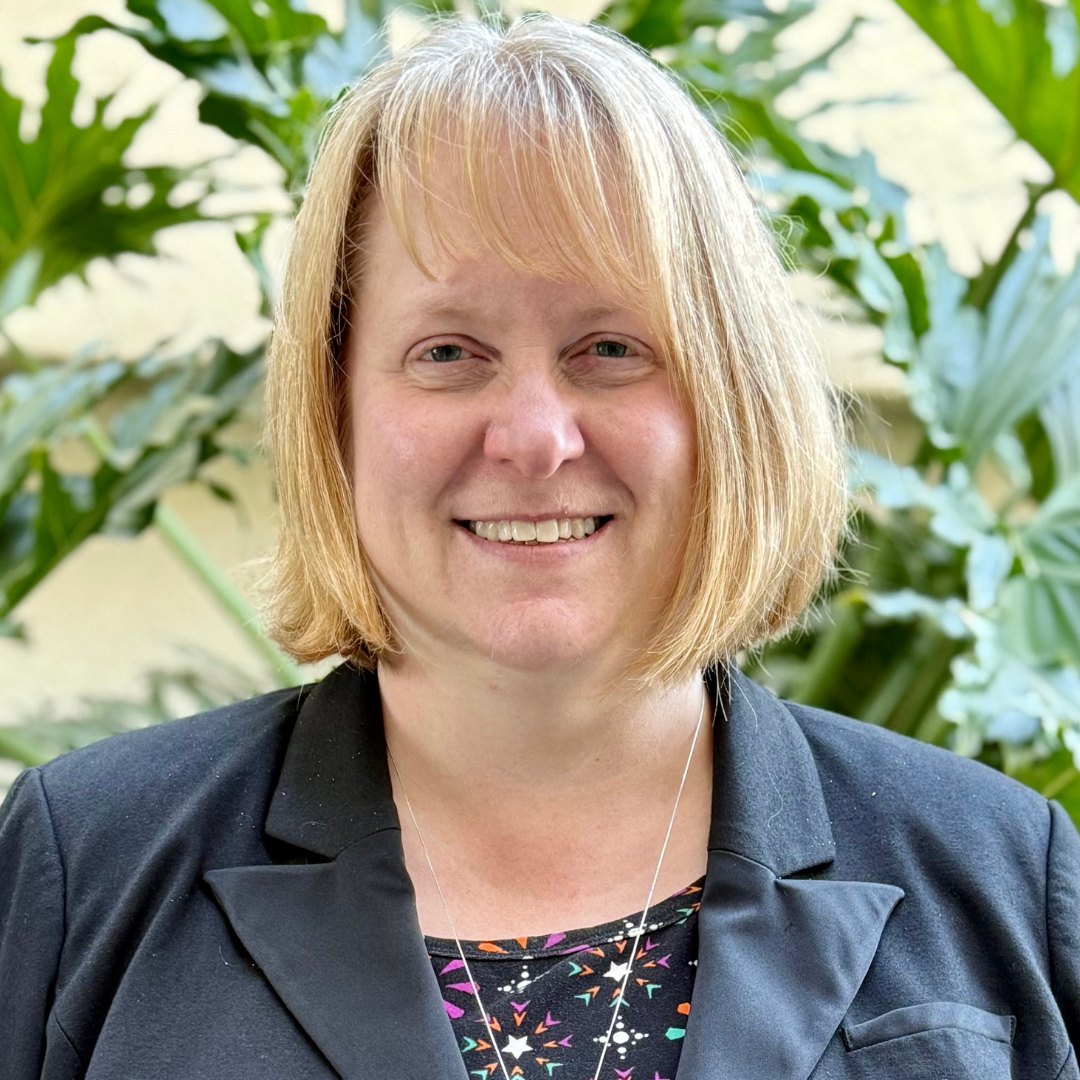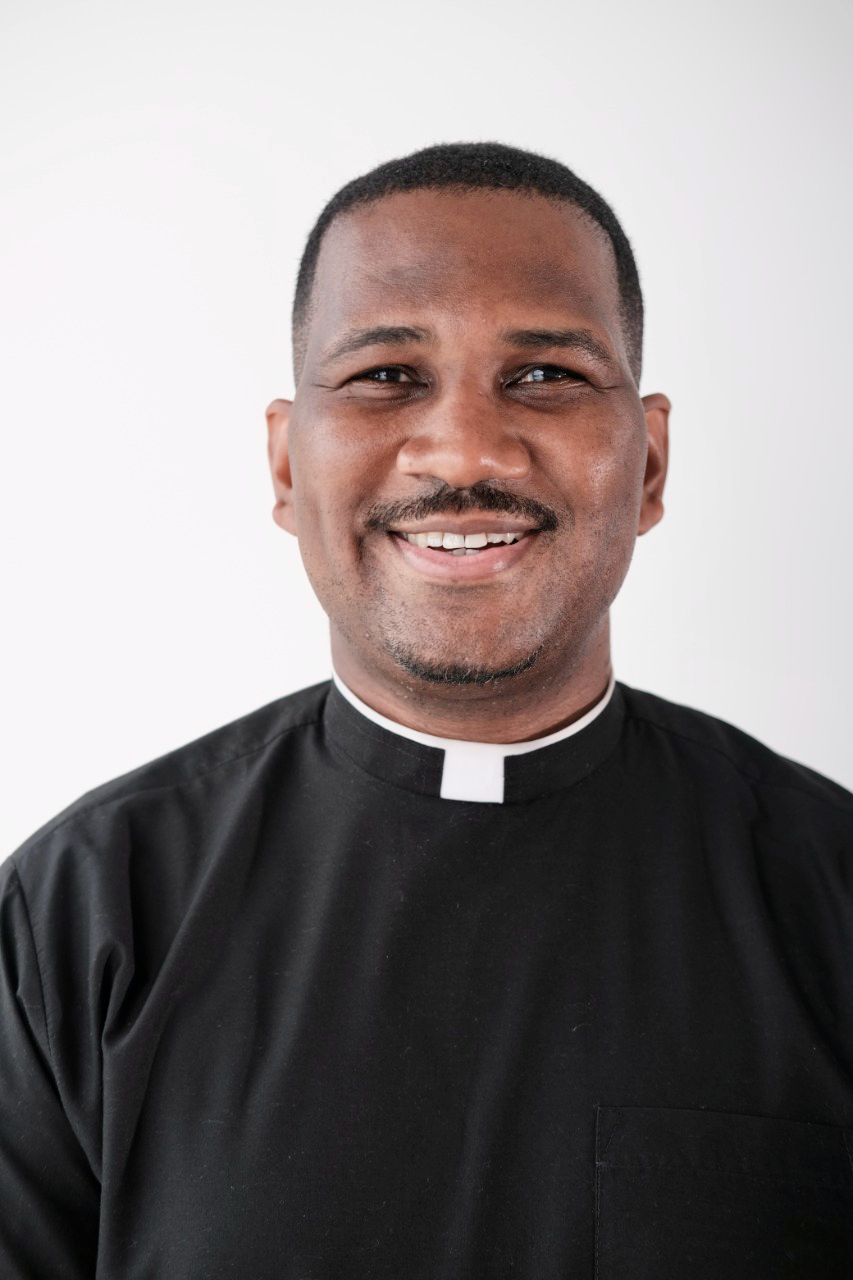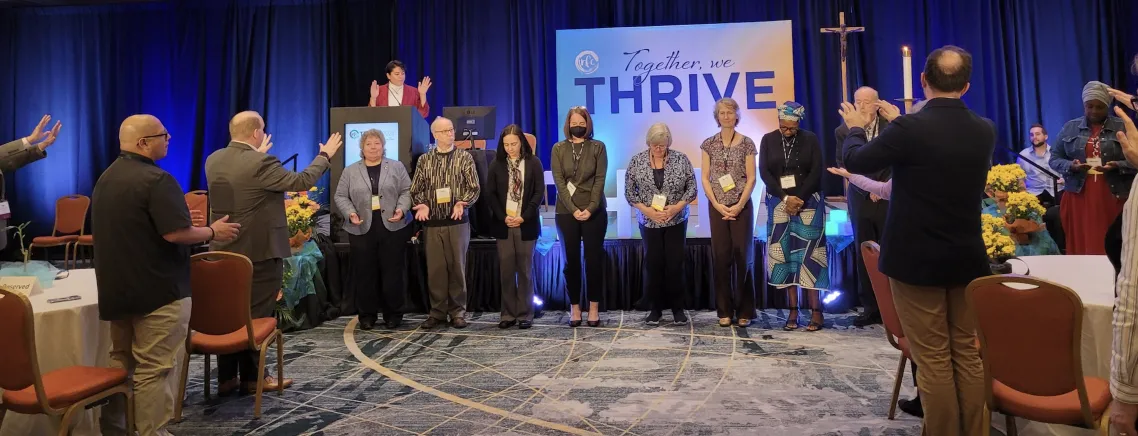Reseeding Hope through Global Sisterhood and Brotherhood
Sisters Susan Francois, CSJP, and Juliet Mousseau, RSCJ
We are living in a time of rapid change and profound uncertainty. Religious life is both a certain presence in the world and a way of life undergoing seismic shifts. Religious men and women make present the love of God and certain hope in God's promise to a world that seems otherwise unpredictable. As vowed religious, how do we faithfully navigate this constancy and change, this time of renewal? When we come together across congregations and cultures, recognizing our common project to make God's kingdom come here on this earth, we bring new vitality to our life and to the people around us. Our labor together embraces the intersection of change and continuity, suffering and hope. Connecting our diverse charisms, we give energy to the incredible diversity of God's gifts of grace to the world. Our call to dwell in God's faithfulness reveals the interconnectedness of all our interactions. Let us inspire one another into the flourishing of an emerging global charism of religious life.

Sister Susan Rose Francois, CSJP has served on the congregation leadership team of the Sisters of St. Joseph of Peace since 2015 and is the assistant congregation leader and congregation treasurer. She has also served in initial formation as candidate director.
She currently serves as vice-chair/secretary of the Board of Trustees of Investor Advocates for Social Justice and on the boards of Holy Name Medical Center, All Africa Conference: Sister to Sister, and Sisters of St. Joseph of Peace Charitable Incorporated Organisation in the United Kingdom. She previously served on the boards of Peace Ministries, the Leadership Conference of Women Religious, and Giving Voice. Sister Susan has been named a Faith Leadership Circle Envoy by UNICEF USA.
She is the co-editor of Reseeding Religious Life through Global Sisterhood (2024).

Sister Juliet Mousseau, RSCJ, is a Religious of the Sacred Heart of Jesus, currently serves as the vice president for academic affairs at the Franciscan School of Theology in San Diego. Trained as a historical theologian, her writings include medieval theology, the history of her congregation, and contemporary questions in religious life.
She completed her doctorate in historical theology at Saint Louis University in 2006. After teaching at Saint Louis University and the University of Dallas School of Ministry, she entered the Society of the Sacred Heart in 2009. She served as a professor of church history at the Aquinas Institute of Theology from 2012 to 2021. During that time, she published on the 12th-century Abbey of Saint Victor as well as contemporary issues in religious life. She made her final profession as a Religious of the Sacred Heart in January 2020. She became the vice president for academic affairs in 2021.
She is the author of Prophetic Witnesses to Joy: A Theology of the Vowed Life (2021) and co-editor of Reseeding Religious Life through Global Sisterhood (2024).
Giving Witness: Living the Prophetic Nature of Religious Life
Father Peter Hill, CSsR
In the Apostolic letter of Pope Francis to all consecrated people, initiating the Year of Consecrated Life, the Holy Father called on religious to "wake up the world." Francis wrote, "I am counting on you 'to wake up the world,' since the distinctive sign of consecrated life is prophecy. As I told the Superiors General: 'Radical evangelical living is not only for religious: it is demanded of everyone. But religious follow the Lord in a special way, in a prophetic way'.” This is the priority that is needed right now: “to be prophets who witness to how Jesus lived on this earth… a religious must never abandon prophecy” (Nov. 29, 2013). These words of Francis still ring true today, and this keynote explores ways in which religious are called to give witness by embracing the prophetic dimension of our calling. We must be willing to witness not just with our words, but with our lives.
We will explore what it means to live the prophetic nature of religious life in 2025. We will delve into what it means to be a prophet in our time, not as a foreteller of the future, but as a truth-teller, a hope-bearer, and a justice-seeker. We will also explore practical ways to make this prophetic witness engaging and transformative, both for ourselves and for the world we are called to serve.

Father Peter D. Hill, CSsR, was born on the Caribbean island of Dominica. As a teenager, Fr. Peter was impressed with the priests he knew and felt attracted to religious life. Fr. Peter entered the Seminary of the Congregation of the Most Holy Redeemer, also known as the Redemptorists, in 1998 shortly after completing high school. The Redemptorists comprise priests and brothers, founded by St. Alphonsus de Liguori in 1732 in Naples, Italy with the mission of proclaiming the Good News.
In 2002, Fr. Peter graduated from St. John’s University in Queens, New York, where he received his bachelor’s degree in philosophy. In 2003 he professed temporary vows as a member of the Redemptorist Congregation. In 2007 Fr. Peter professed perpetually the same vows as he did four years prior along with an oath of perseverance as a member of the congregation. In 2008, he graduated from the Washington Theological Union with a master of divinity degree. On June 12, 2008, Fr. Peter was ordained to the priesthood by Bishop Gabriel Malzaire of Dominica. In 2020, he graduated with a doctor of ministry in preaching from the Aquinas Institute of Theology in St. Louis.
Fr. Peter recently completed six years in San Antonio, Texas as the co-director of formation at the Redemptorist Theologate. He currently resides at the Basilica of Our Lady of Perpetual Help in Brooklyn, New York.

